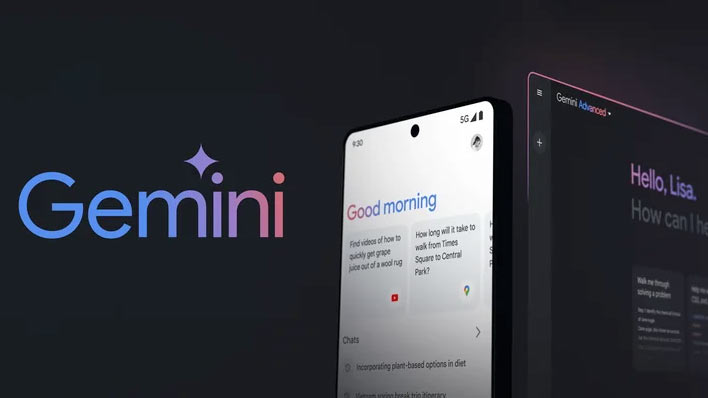This week, Google is adding to its Gemini AI model with the introduction of Gemini 2.0. One of many new Gemini features highlighted in the 2.0 Update blog post points toward a potential future where Google’s AI assistant even helps you while you’re playing games. Project Gemini 2.0 agents have been tested with games like Clash of Clans and trained with the help of developers to recognize scenarios and be able to give advice and input based on what’s currently happening onscreen. Gemini also shows itself to be able to scrape the web for information like character picking and even tier lists, and does at least mention the platform where it’s getting that information.
Gemini 2.0 for games demo | Playing Squad Busters, Clash of Clans, and Hay Day – YouTube
Watch On
The idea of AI being able to competently give gaming advice seems pretty harmless and cool, especially if the insight is being shaped by the original developers in some way.
Developers of Clash of Clans Supercell are reportedly collaborating directly with Google on these tests, which means that the developers could provide information on game systems, mechanics, and statistics that Gemini can refer to when giving its insights. The demo shown sees Gemini giving valid team composition advice based on the player’s available resources — information that almost certainly requires developer insight in addition to web search data.
But how practical can something like this really be? For truly insightful advice, especially for games in genres with lots of advanced, undocumented mechanics and strategy, a robust community of existing players is often the only way to advance past a certain entry level of skill. And for one-off advice, a quick web search for an existing walkthrough is sure to be much quicker and more accurate than something generated by AI, though these walkthroughs/guides may not exist for brand-new games or niche titles.
Ultimately, there’s nothing particularly offensive about this potential new addition to Gemini 2.0, but — as with a lot of AI-related tech — it’s still unclear if this would work as advertised and/or would be useful even if it did. Also, what opportunities for community, connection, and advancement are future gamers losing if we automate the process of finding tips and strategies?
(Fortunately for the most hardcore, competitive audiences, that initiative to do the extra work won’t stop being a requirement for top-level play any time soon.)
